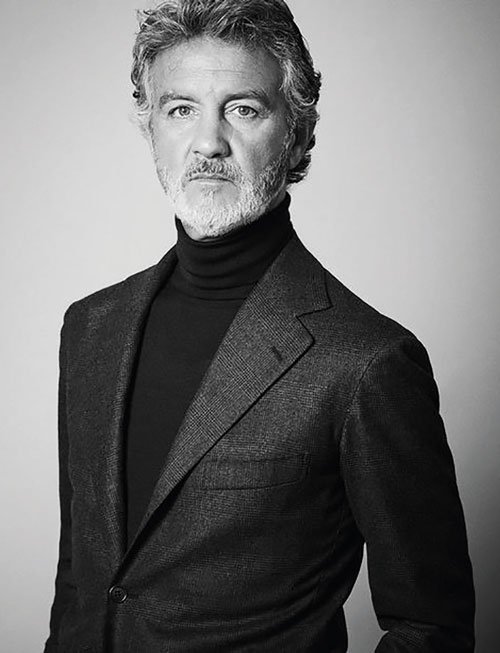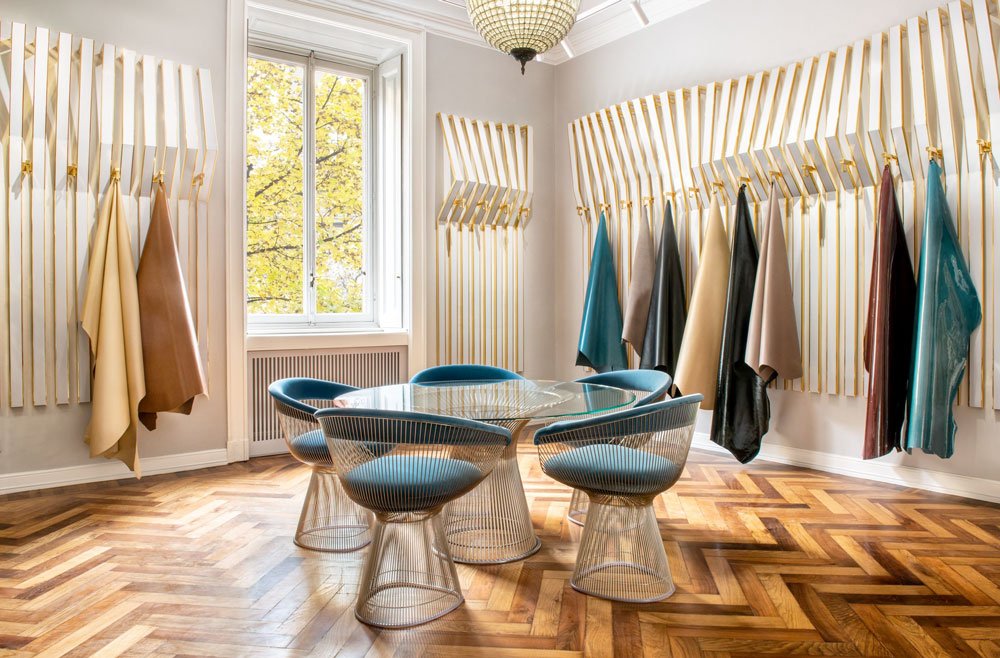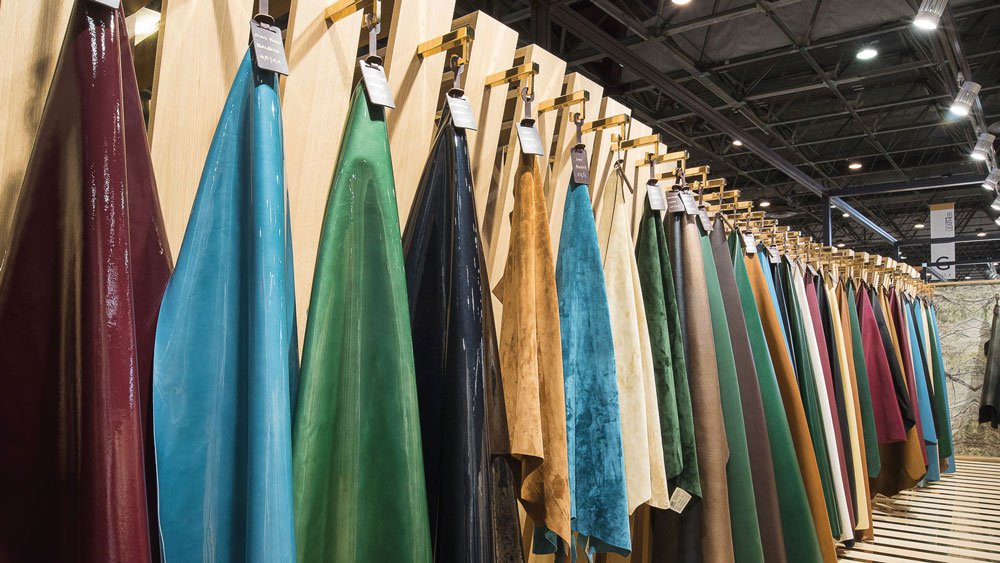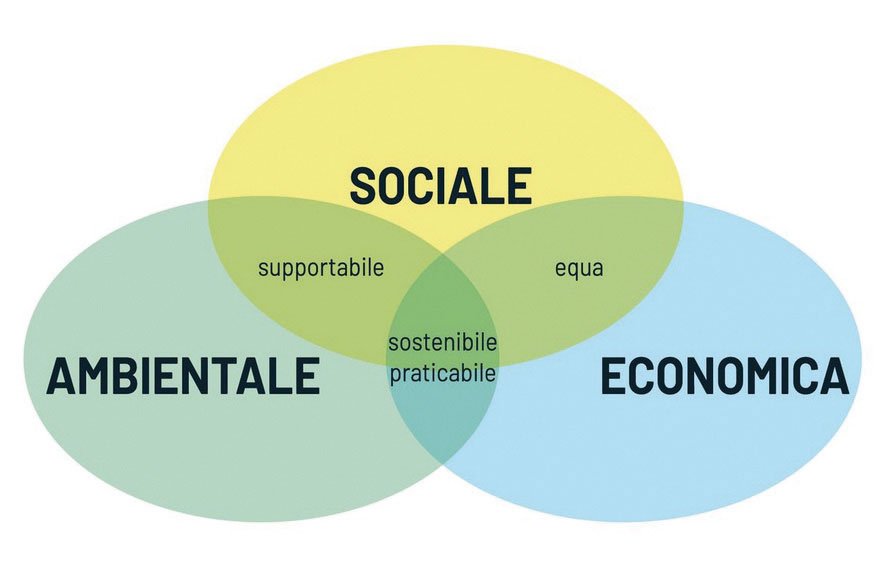The Tuscan firm kicked off 2022 with the conferment of the prestigious certification, a result that bears witness to the corporate commitment when it comes to sustainability-oriented policies. Worth mentioning a forestry project in Brazil as well
2022 started off with a “bang” for Superior SpA, firm headquartered in Santa Croce sull’Arno (Pisa province) and with a showroom in Milan, 3, via Quintino Sella, that gained significant recognition thanks to its sustainability-oriented policies. As a matter of fact, as confirmed by corporate sources, Superior is the first tannery worldwide awarded with the Carbon Neutral certification, given in the early days of the new year. Therefore, the Tuscan enterprise keeps investing in its sustainable development, always at the forefront, a feat that underlines once again its excellence and its forward-thinking attitude when it comes to green initiatives. In addition to the implementation of technical solutions designed to reduce environmental impact, thanks also to the special collaborations with Scuola Normale Superiore in Pisa as well as with the Technological Centre based in Novacchio di Cascina (Pisa province too), it has decided to raise the bar higher by aiming at Carbon Neutrality, so as to keep up with the Sustainable Development Goals (SDGs) outlined in the UN 2030 Agenda and in the Paris Agreement.
“My view as an entrepreneur,” stated the managing director Stefano Caponi, “focused on creating a balance between mid to long-term benefits, guaranteed by industrial innovation and energy efficiency projects, and the investment in Carbon Credits for emission neutralization, immediately effective.” After the assessment of its greenhouse gas emissions, via the Carbon Footprint Analysis, and the promotion of a feasibility study to reduce said rate, specifically through energy consumption optimization, Superior – featuring over fifty years of experience in the luxury leather field for the high-end fashion sector – has become the very fist company able to compensate for emissions thanks to the use of Carbon Credits certified by Verified Carbon Standard (VCS), that is, the main international standard. The Tuscan tannery’s sustainable cycle already entails additional steps, given its collaboration with specialized consulting agencies to renew Life Cycle Analysis (LCA) tests, that will provide updated data concerning the business’ impact in terms of carbon dioxide equivalent. Based on the results achieved, a Road Map to Carbon Neutrality project will be developed, aimed at finding technical as well as processing upgrades in order to optimize corporate activities and, as a consequence, to reduce emissions.
Certified credits support the Fazenda Nascente do Luar forestry project developed in the Cerrado (Portuguese word meaning “closed” or “inaccessible”) biome, namely, the tropical savannah featuring the world’s highest biodiversity rate, based in Brazil, in the Mato Grosso do Sul state – a region deeply affected by intensive livestock farming and unsustainable agriculture, two factors that led first to deforestation and then to soil degradation in ample areas that, in the past, boasted a dense tropical savannah. Today, the Cerrado region accounts for 21% of the Brazilian territory, and yet less than 3% of this area is actually protected by the law; its vegetation cover is fragmented, and it features patches of degraded savannah, separated by unproductive pastures used for cattle grazing. The FNL reforest project has led to the creation of a new type of landscape, characterized by a mosaic of natural and planted forests: reforested areas foster the reconnection of natural savannah, acting as true biological passageways, thus resulting in rapid soil coverage thanks to the development of new organic material that manages to nurture the ground.
This forestry project promotes a unique approach: the integration between local reforest and the restoration and the safeguard of the native forest, succeeding in ensuring social, environmental and biodiversity-related benefits. From an environmental point of view, the tree species chosen for this initiative stands out for its outstanding efficiency in “capturing” CO2 and in oxygen production; socially speaking, on the other hand, the forestry project favours the creation of employment opportunities for local communities, thus providing workers with significant benefits in terms of better life quality, training and economic capacity. As for biodiversity, the restoration and protection of native forest recreate a favourable eco-system for the local fauna, including endangered species, because they can find food and shelter there.

Stefano Caponi, CEO Conceria Superior

Conceria Superior, Showroom Via Quintino Sella 3, Milano
Fully Metal-Free Lambskin Capsule Collection On Display At Lineapelle Milano
Confidence and “back to normality”: these are the two values pursued in the early weeks of 2022 by Conceria Superior SpA, as the firm chose to take part in two trade shows in February – Premiere Vision Paris (held from February 8th to 10th) and Lineapelle Milano (February 22nd to 24th) -, putting on display the brandnew 2023 Spring/Summer luxury leather collection, featuring Pop vibes and eco-friendly concepts. “Our return to exhibitions after the pandemic,” confirmed the managing director Stefano Caponi, “is a pivotal moment, fraught with meaning and positive energy. The visitors’ and customers’ feedback is still, at least in part, uncertain, but we are confident in and ready for this fresh start, for this new beginning, with a collection in line with the current trends in terms of quality and style.”
For the SS23 season, the Tuscan firm is going to showcase in Milan (after Paris) an increasingly contemporary collection when it comes to textures, nuances as well as sustainability-related concepts: a carry-over line featuring more classic, soft moods for Nappa leathers, as well as glamorous, trendy articles; an improved, well-organized capsule collection of calfskins and half calves dedicated to the footwear sector, for both classic and more fashionable models; a capsule collection of fully metal-free hides, entirely devoid of metals and aldehydes, the latter an issue Superior has been paying close attention to in terms of waste management – in this way, waste can be used for the production of fertilizers, with certification of biodegradability in aqueous environment and full compostability.
The key inspiration for the chromatic range of the SS23 collection – counting approximately fifty articles, including calfskins, half calves and lambskins – lies in ‘90s Pop vibes, with bright, dazzling, eye-catching nuances, with different effects according to the type of leather and used also in the part dedicated to the finest calfskins, displayed in their renowned Superior signature softness – flawless, pristine, perfect and impalpable, just like fabrics.
There are also natural tones, especially the brand-new Burro and Terracotta shades, as opposed to markedly “pop” hues, the true protagonists of the summer chromatic palette, full of light and energy: lavender, cyclamen, garden green, kiwi, light blue, blueberry purple, Chinese blue, coral red. Bright nuances resulting in unique gleam and depth effects; smooth and silky, transparent and glazed styles, bust also leathers with the finest grain, incredibly natural, that create dynamic textures for another group of hides inspired to the ‘60s and ‘70s, boasting two-tone degradé effects, decorations recalling action painting with golden and silver bases. The collection comprises the Superior signature must-haves, including classic calfskins such as Lady Plongé, Lady Lux, Isabelle, Lamb, Odette, as well as other classic solutions, like Atena, Brezza, Dan, Giove and Glass.
Worth mentioning the fully metal-free lambskin collection: it bears witness to the firm’s constant commitment to green solutions, given that it relies on an in-house tanning process aimed at manufacturing articles that can generate bio-degradable, rapidly compostable waste, in compliance with biodiversity and circular economy principles. No metal is used in this type of procedure. First of all, leather is treated with synthetic chemicals in order to better withstand the temperatures reached during the splitting and shaving phases. Said stabilization does not affect the leather; the subsequent retanning, dyeing and fatliquoring operations will define the material’s distinctive features according to specific requirements. www.superior.it

Founded In 1962, The 60th Anniversary Is Fast Approaching
Headquartered in Santa Croce sull’Arno (Pisa province), Superior SpA was established in 1962 (the celebrations for its 60th anniversary will take place this year) and it can rely on over fifty years of experience in the field of luxury leather for the high-end fashion industry. Currently managed by Stefano Caponi, the Tuscan enterprise has always paid close attention to product conformity and to the clientele’s demands: as a matter of fact, in the last few years, it has expanded its scope of action to the local community – a commitment confirmed by quality, ethics and environmental certifications -, thanks also to the hiring of new, specialized professionals and to the launch of a collaboration with Normale University in Pisa. These two bodies are working together in order to find new strategies to implement and to insert among the sector’s Best Practices. At present, Conceria Superior has been focusing on a new configuration of its production facilities, so as to improve sustainability standards. The steady drive to improvement is the firm’s core strength, a mission pursued for sixty years. The Quality, Ethics, Environmental and Sustainability certification bear witness to this constant, determined, strong-willed, shared commitment. In the three years prior to the Covid emergency, Superior SpA had registered a marked, ongoing growth in turnover, from 37 to 54 million euros, counting on a workforce of 120 employees. In 2021, considered the upswing year, the company noticed some signs of improvement: the expectation is to reach the pre-Covid values, turnover-wise and in terms of personnel, within 24 months.

